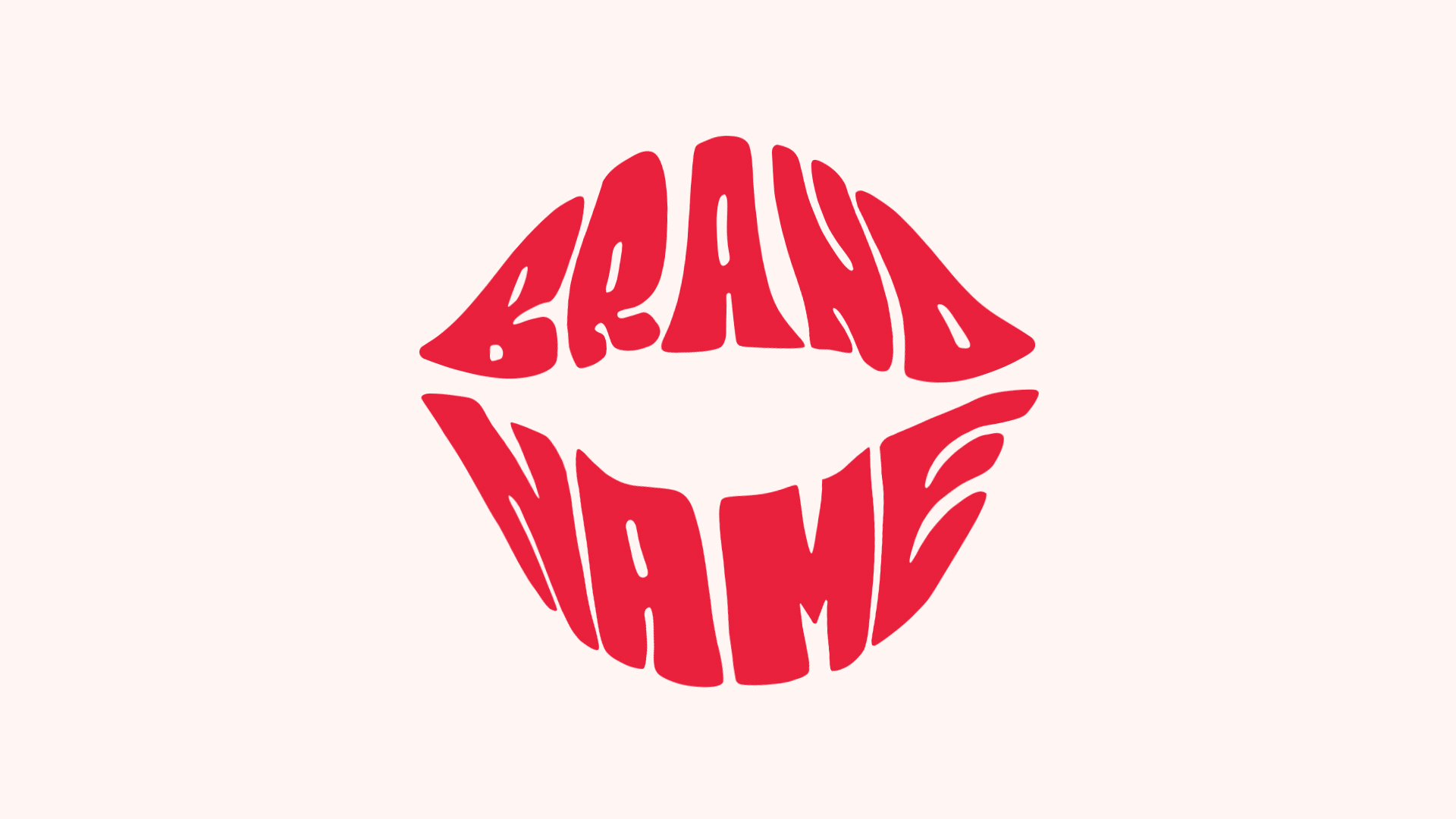Last year I wrote a blog about the negative effects social media has been shown to have on young people. Now I’m aware that since I work with social media, I can’t really think it’s all doom and gloom and in reality I don’t.
Social media has had a huge number of positive effects on individuals and society in general, but it has also positively affected young people in ways you might not think.
Education
Social media is being used in schools far more frequently for a multitude of reasons. Institutions can communicate with a large number of students very quickly to get messages across about various things from time tables to holiday announcements. It’s also used a lot more in research processes for assignments. It’s very easy to find out how a large group of people feel about a subject just by doing a quick search of a hash tag. This can help students compile and produce useful content for reports and essays. This takes us nicely onto the next, and important point.
Developing digital skills for the real world
Being able to use social media properly is almost becoming a mandatory skill in most office jobs. With digital in general having a huge influence in any type of business, it’s important that young people experience it and learn to use it properly. Employers are looking for skills and experience with social media more often, and not just because it means you can post to Facebook. Social networking develops relationship and communication skills, just minus the face-to-face interaction. And those two skills are essential for any sort of teamwork.
Developing a voice and building independence
Social media generally encourages you to give your opinion, tell your friends what your up to, share information and create content of your own. These are all things we do face-to-face and as adults the majority of us don’t have any major issues doing this. However, I remember being an anxious teenager terrified to tell anyone what I thought about anything. Removing the face-to-face interactions makes it a bit easier to come out of your shell. If you’re engaged in a debate on social media you can take a few minutes to properly think out your next comment. You can’t really do that face-to-face, and it takes a lot of experience and practice (and knowledge of what you’re talking about) to get comfortable with it. Overall it can help with developing your confidence and independence. The downside to this is when it’s taken too far, and it’s far easier to get brave and fling insults around when you don’t have to deal with another person in the flesh.
There’s also a sense of independence with a social media presence, especially as a young person. It may well be the first thing that their parents don’t have access to or sight of – cause lets face it, how many teenagers let their parents follow them on Twitter or have them as friends on Facebook. Now that can cause issues in itself because of safety, privacy and you’re relying on kids telling you if something has escalated past what they can handle – and from the previous blog, evidence shows that kids are less likely to tell their parents about cyber bullying.
The important thing is that that can be mitigated with proper education from parents and schools on appropriate use of social media, privacy and security. This is now being taught from the age of 5 in most schools to address the fact that young people are access social media well before the go to high school.
Personal help and support
There’s lots of evidence that suggests that social media has a negative effect on mental health, but there is also evidence to suggest the exact opposite. With the online world providing a degree of anonymity, it can provide a safer place for young people to discuss concerns especially when it comes to anxiety and depression. The anonymity provided by social media sites can remove the stigma that unfortunately still exists around mental illness. In the right circumstances with the right platform this can be so valuable. It can also go so horribly wrong, with a large number of website supporting and promoting self-harm.
The social networking platforms that excel in this area are typically those that are specifically designed as safe communities to discuss problems and feelings, and are heavily monitored by mental health professionals. But the big guns are starting to get in on the action too. At the end of last year, Facebook rolled out its’ “Proactive Detection” AI technology which scans the posts of its users for patterns of suicidal thoughts and, when necessary, sends mental health resources to the user at risk or their friends. It can even contact first-responders when the technology feels the matter is urgent. This technology could really save lives. Unfortunately it can’t be rolled out through the EU due to GDPR regulations, which deem social media posts related to mental illness as ‘sensitive data’ and therefore makes it far more complicated to get in touch with people who might really be at risk.
I don’t think social media is all good or all bad. There are definitely some great benefits that we would struggle to manage without in today’s world. There’s also some serious issues that social media creates. And it’s not just social media; it’s technology and digital in general. It’s developed so quickly that we’re constantly playing catch up to resolve the issues. And now that technology is developing at a rate that is alarming even to the technology experts, it’s going to be very difficult to get ahead of the curve. The best way to reap the benefits and mitigate the issues is proper education, awareness and communication.





